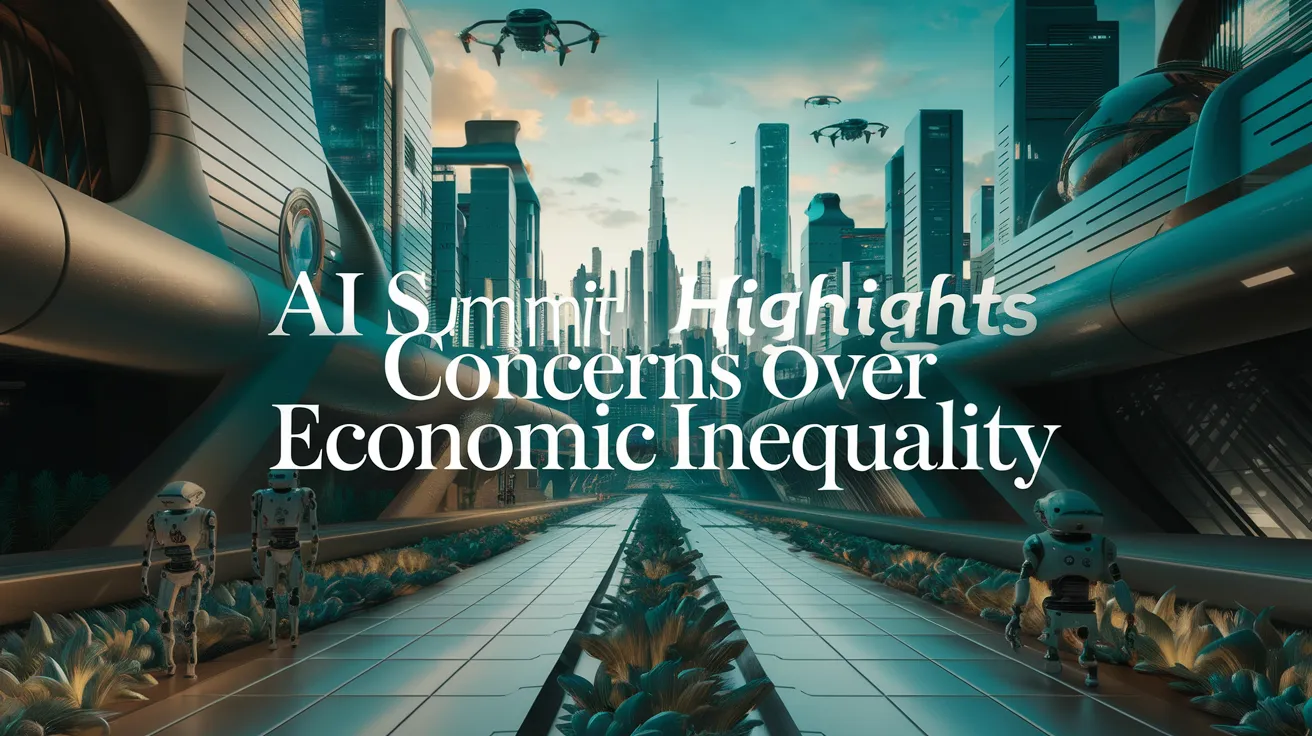AI Summit Highlights Concerns Over Economic Inequality

In a convening held at a scenic lakefront venue in Sweden, 18 influential individuals from organizations like OpenAI, Google DeepMind, and the U.K. AI Security Institute gathered for an invite-only summit. The primary agenda was to discuss the implications of advanced AI on the “social contract” between working individuals, governments, and corporations.
Contrasting Views of AI’s Impact
This summit followed recent discussions among top AI executives, with DeepMind’s Demis Hassabis and OpenAI’s Sam Altman urging both academics and government bodies to address the potential economic shocks anticipated from AI transitions. Over the course of the week, experts engaged in intensive conversations about the significant disruptions that AI might unleash, yielding a set of draft statements reflecting their concerns.
Draft Statements from the Summit
Perhaps predictably, attendees produced four draft statements that deliver troubling insights into the societal impact of AI, which had not been previously reported. The first statement warns, “AI is likely to exacerbate increasing wealth and income inequality within countries.” The second elaborates that “AI will increase inequality between countries that have access to AI infrastructure and those that don’t.” The third statement cautions that “without intervention, AI-enabled inequalities may lead to the political dominance of wealthy individuals and corporations.” Lastly, the fourth statement posits that “the encroachment of AI systems and the erosion of the value of labor could lead to the increasing disempowerment of most humans, causing a degradation in individual well-being and purpose.”
Worries About the Disempowerment of Labor
Celestial Cheng, the event’s organizer and Director of Research at the Windfall Trust, expressed alarm regarding the current state of labor, suggesting that the social contract—wherein individuals gain societal security and a stake in governance through their labor—could be significantly threatened by advancements in AI. Cheng noted, “We’re essentially worried that labor will be disempowered relative to corporations, and also to some degree that governments might be disempowered relative to corporations.” As labor power diminishes, real wages are likely to decline.
Potential Pathways for Intervention
Without intervention, experts noted, the default trajectory of advanced AI developments could result in negative economic consequences for the general populace. Nevertheless, they outlined several proactive strategies that could facilitate more favorable outcomes, including establishing new institutions to ensure that AI-derived wealth benefits a broader demographic and implementing pilot programs for basic income and reduced working hours.
While uncertainty looms over the relationship between Microsoft and OpenAI in light of this shift in approach, Cheng emphasized the importance of control over AI’s impact going forward, stating that developing an orchestrator capable of directing queries across various AI models will be critical for future operations.
Overall Implications of AI on Society
As the discourse around AI’s evolving role in society intensifies, experts recognize the challenges ahead of containing potential adverse effects while leveraging productivity benefits. Observers will watch closely to see how the outcomes from this summit shape the trajectory of AI integration in the economy, with the balancing act of harnessing opportunities while mitigating risks becoming a focal point for policymakers and stakeholders alike.